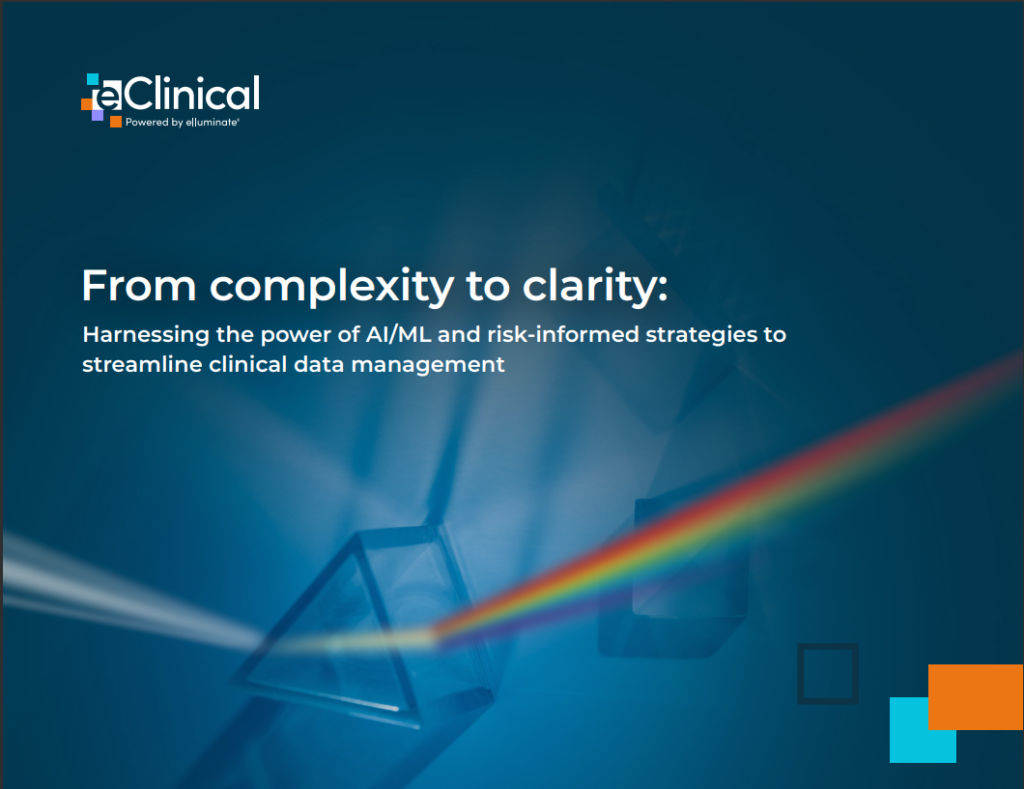Preparing data properly may seem like an extra, arduous task, but without it, specialized AI will flounder.
Already, AI is irreversibly entwined with a myriad of diverse business practices. And it is hungry for data. But feeding it the right data can make or break its integration — and the trust of those it affects. Understanding quality data and how to wield it, therefore, are key skills every business leader needs to know, because developments in AI are only heating up.
Uncurated, raw data can undermine the training of effective AI models. This data, in the form of videos, images, natural language text, audio, or physical formats, accounts for the majority of data out there. AI survives, grows, and learns by consuming data, and if all it receives is a tangle of uncontextualized information, it will spit out that same quality of information. As the saying goes: garbage in, garbage out.
This type of data does have its place. General purpose larger language models (LLMs) typically consume everything they can, which is why hallucinations and mistakes occur. People shouldn’t reasonably expect to get reliable results from a model that pulls data from an unverified source like Reddit, but the models can be fun to play with. However, more specialized AI needs to have a higher level of accuracy. The medical, legal, pharma, and insurance industries, for example, need AI that is reliable, and this reliability can only come from quality data. Without this, countless dangerous mistakes can occur, such as a cancer-detection AI that misdiagnoses darker-skinned subjects or a medical AI chatbot that provides harmful eating disorder advice.
So how can data be restructured to make it good input for accurate AI? It comes down to cleansing, verifying, contextualizing, and categorizing. For example, if there is a company wanting to implement AI in a customer service center, the data needs to be tagged and clustered before it can be fed to the model. Which interactions were successful, which dealt with issues A, B, or C, which followed the correct policy, and which were joke calls?
Data should also be validated against known truth data. To expand on the example of the customer service center: The model should not just be trained on call center transcripts; rather, it needs to be trained on FAQs and internal documents that are created and verified by SMEs. During the training process, such verified sources must be given higher weightage.
Organizations are rushing to adopt AI, as they rightly recognize its importance, but cutting costs with raw data has cost enterprises hundreds of millions of dollars. It is worth reiterating that there will always also be a place for raw data: AI to help AI. Models that are built to help clean and structure data will likely come into play and AI-generated synthetic data will continue to work in tandem to save costs while ensuring good results.
Looking ahead has always been important, but with the exponential speed that AI evolves it is even more vital to prepare for the future before one becomes obsolete. Data quality will help enterprises prepare themselves for a promising future. However, achieving perfect data is impossible and leaders must aim to strike the right balance of enterprise-wide, fit-for-consumption data.
While AI is being trained and implemented across many business practices, there is still a decent level of anxiety and misgivings. Trust can be quickly broken, and is hard to rebuild. It is therefore vital that its first implementation instills confidence and produces reliable results. Only quality data can ensure this, and a leader who knows and understands this sets themselves up well for a strong future in an AI-driven workplace.
About the Author

Subbiah Muthiah is the CTO of Emerging Technologies at Qualitest. He is at the helm of driving innovation and revenue growth of new-age capabilities in cognitive automation, artificial intelligence (AI), blockchain, cloud, internet-of-things (IoT), and hybrid ‘phygital’ experiences. Subbiah also serves as an advisor for Qualitest group’s merger and acquisitions in the technology space. Prior to Qualitest, he spent a decade each at TCS and Cognizant in technology leadership roles. He holds two US patents in the areas of robotics and customer experience. Subbiah is based out of Chennai. In his spare time, he enjoys watching movies and enhancing his business and financial acumen.
Sign up for the free insideAI News newsletter.
Join us on Twitter: https://twitter.com/InsideBigData1
Join us on LinkedIn: https://www.linkedin.com/company/insideainews/
Join us on Facebook: https://www.facebook.com/insideAINEWSNOW





Speak Your Mind